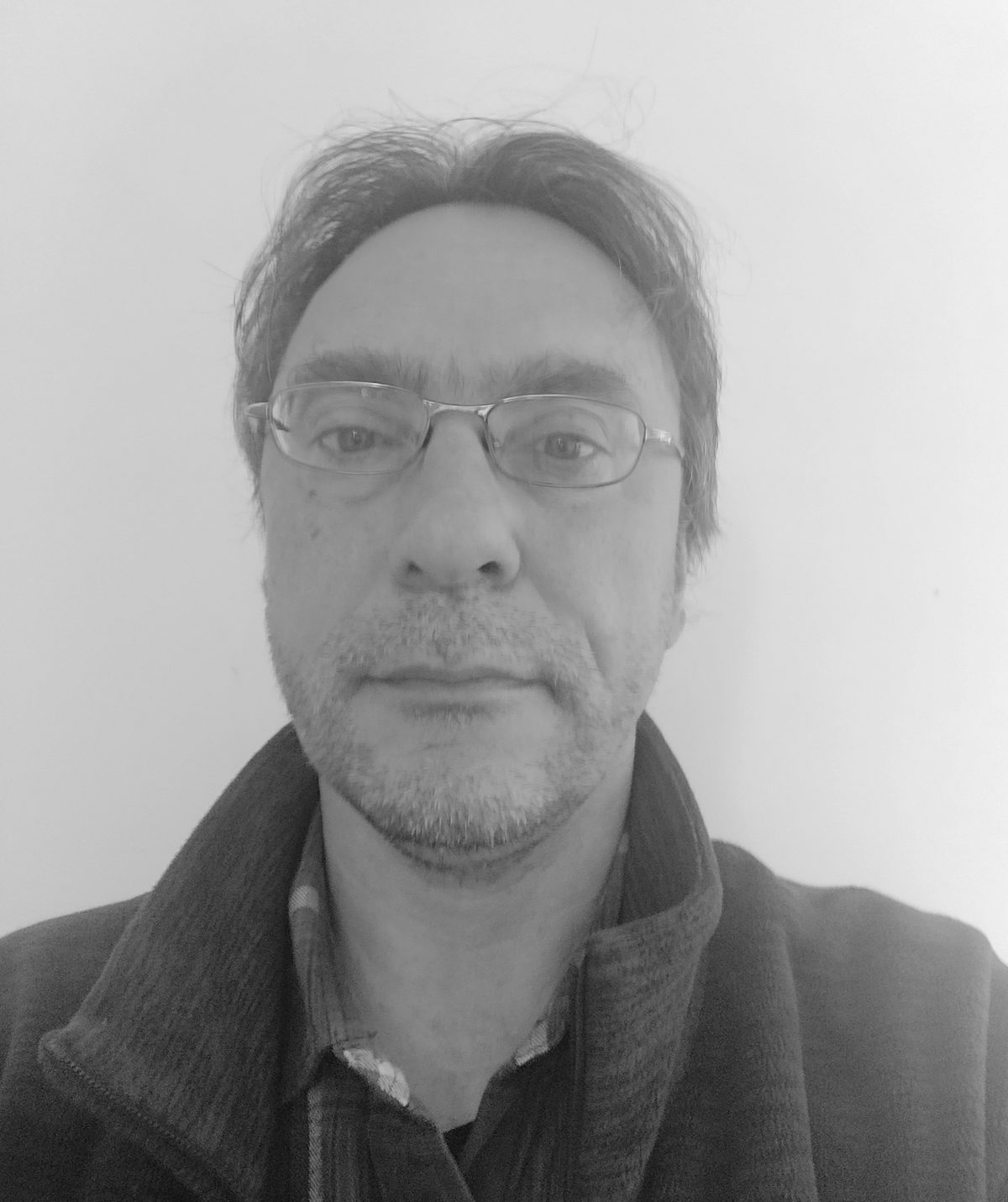

Ronan Sulpice
Funded InvestigatorFunded Investigator University of Galway Blue Economy Coastal & Marine Systems
OVERVIEW
Dr. Ronan Sulpice is a Lecturer in the School of Natural Sciences at NUI Galway (Ireland). He obtained his PhD (Plant Biology) from the University of Rennes (France) in 2000. This was followed by Researcher positions at the National Institute for Basic Biology (Japan), the Technical University of Munich (Germany), and the Max Planck Institute of Molecular Plant Physiology (Germany). Dr Sulpice interests have focused at elucidating in photosynthetic organisms the cross talk between primary metabolism and growth, with special emphasis at how environmental cues modulate them. He has reported those biochemical and molecular mechanisms allowing plants to fine-tune their resources to cope with environmental instability to maximise growth. Recently his lab is studying the energetic and structural costs of environmental instability over daily and life-span intervals in plants, cyanobacteria and particularly seaweeds. The aim is to identify key regulatory genes and processes which would be target for breeding crops more resilient to environmental changes, allowing for a more sustainable agri- and aqua-culture.
CURRENT ACTIVITIES
Our lab is currently involved in several large projects. In the H2020 –– Blue growth project GenialG, we are assessing the genetic variability present among Ulva spp. for biomass productivity and quality, as well as looking at the potential role of seaweed farms in the preservation of biodiversity. In the NPA interreg project SW-Grow we are identifying genetic markers which will allow traceability and branding of several seaweed species. Within the SFI-Marei project ECO-HARVEST, co-financed by Arramara teoranta ltd, we are looking at how different harvesting practises for Ascophyllym nodosum might impact biodiversity and assess the recovery of the resource. With the H2020 – Societal challenges project Breedcafs, our lab is developing a database and bioinformatics tools to contribute for the development of novel coffee varieties adapted to Agroforestry and resilient to climate change. Finally, in the DAFM stimulus project VICCI we are investigating the response of ryegrass and barley to low nitrogen and cold temperatures towards the development of varieties more adapted to Irish climate and requiring less nitrogen intake.


